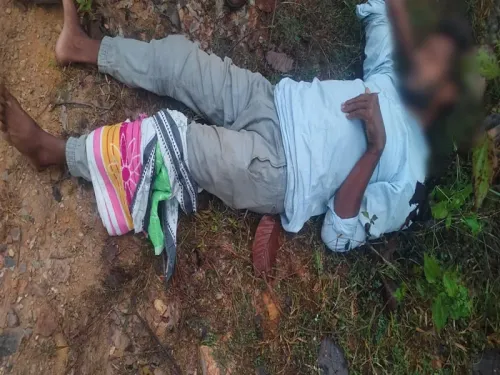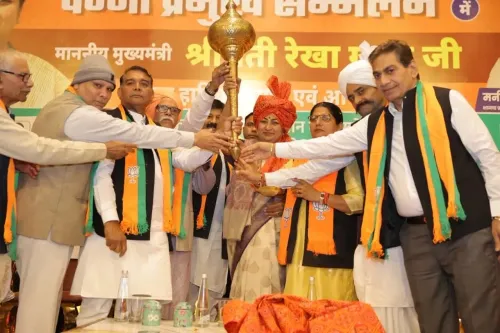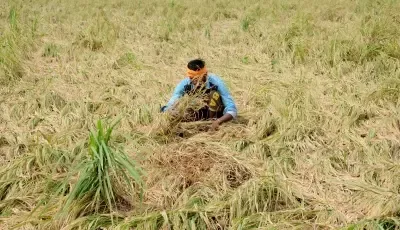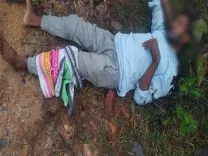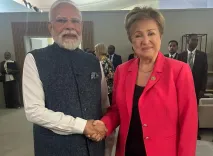Supreme Court Allows Withdrawal of PIL for Judicial Inquiry into Bengal Violence
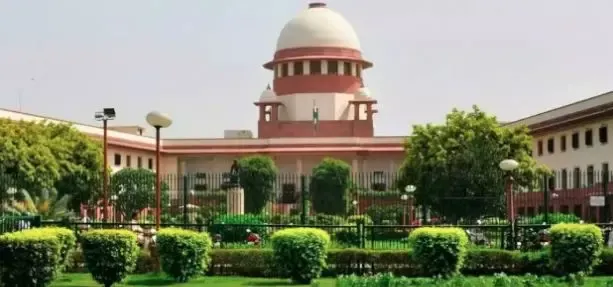
Synopsis
Key Takeaways
- Supreme Court dismissed a PIL for a judicial inquiry.
- Petitioner instructed to file a new, respectful petition.
- The protests were against the Waqf (Amendment) Act, 2025.
- Violence in Murshidabad led to injuries and property damage.
- Political speeches exacerbated the situation.
New Delhi, April 21 (NationPress) The Supreme Court on Monday dismissed a public interest litigation (PIL) as withdrawn, which called for the establishment of a five-member judicial inquiry commission, led by a retired Supreme Court judge, to investigate the violent protests against the Waqf (Amendment) Act, 2025 in Murshidabad, West Bengal.
The bench, comprising Justices Surya Kant and N.K. Singh, instructed the PIL petitioner to file a fresh petition after he requested to amend the plea due to the serious statements made against the Chief Justice of India.
The Justice Surya Kant-led Bench stressed that the claims made in the petition must respect the dignity and decorum of the institution.
"Our submissions must be decent, responsible, and respectful. In a petition under Article 32 of the Constitution, we expect petitioners to pose significant legal questions," the court stated.
The Supreme Court ultimately permitted the withdrawal of the PIL, allowing the litigant to submit a new petition with more detailed claims.
This plea, filed by advocate Vishal Tiwari, requested that the West Bengal government provide a status report on the riots that occurred during the protest against the Waqf Amendment Act, in addition to taking measures to address hate speeches directed at any community.
Moreover, the PIL urged the Union Home Ministry to issue an advisory to Chief Secretaries of all states to take action against hate and provocative speeches made by political parties or their leaders.
According to the petition, protests erupted in various regions across the country following the enactment of the Waqf (Amendment) Act, with demonstrations reported in West Bengal, Jammu and Kashmir, Manipur, Chennai, and Bengaluru.
"In Murshidabad District and North 24 Parganas, violence broke out during the protest against the Waqf Amendment Act. This violence resulted in fatalities and significant property damage. Protesters engaged in stone-pelting, leading to injuries among several police personnel. Prohibitory orders and an Internet ban have been instituted in various areas of Murshidabad, affecting train services as protesters blocked rail tracks," the petition elaborated.
The petition further indicated that the political climate may exploit the situation, with some political parties capitalizing on religious sentiments for their gain. "Instead of fostering peace, politicians often deliver provocative speeches that exacerbate tensions. Chief Ministers or ministers, while secured, speak recklessly, sometimes making statements filled with hate targeting specific religions and communities," it noted.
Last week, a bench led by CJI Sanjiv Khanna voiced concerns regarding the violence accompanying protests against the Waqf (Amendment) Act, 2025, while addressing multiple petitions challenging the legitimacy of the controversial amendments to the Waqf Act, 1995. "It is very disturbing to see such violence occurring. Once the matter is before the court, it should not take place," the Bench, which also included Justices Sanjay Kumar and K.V. Viswanathan, remarked.

